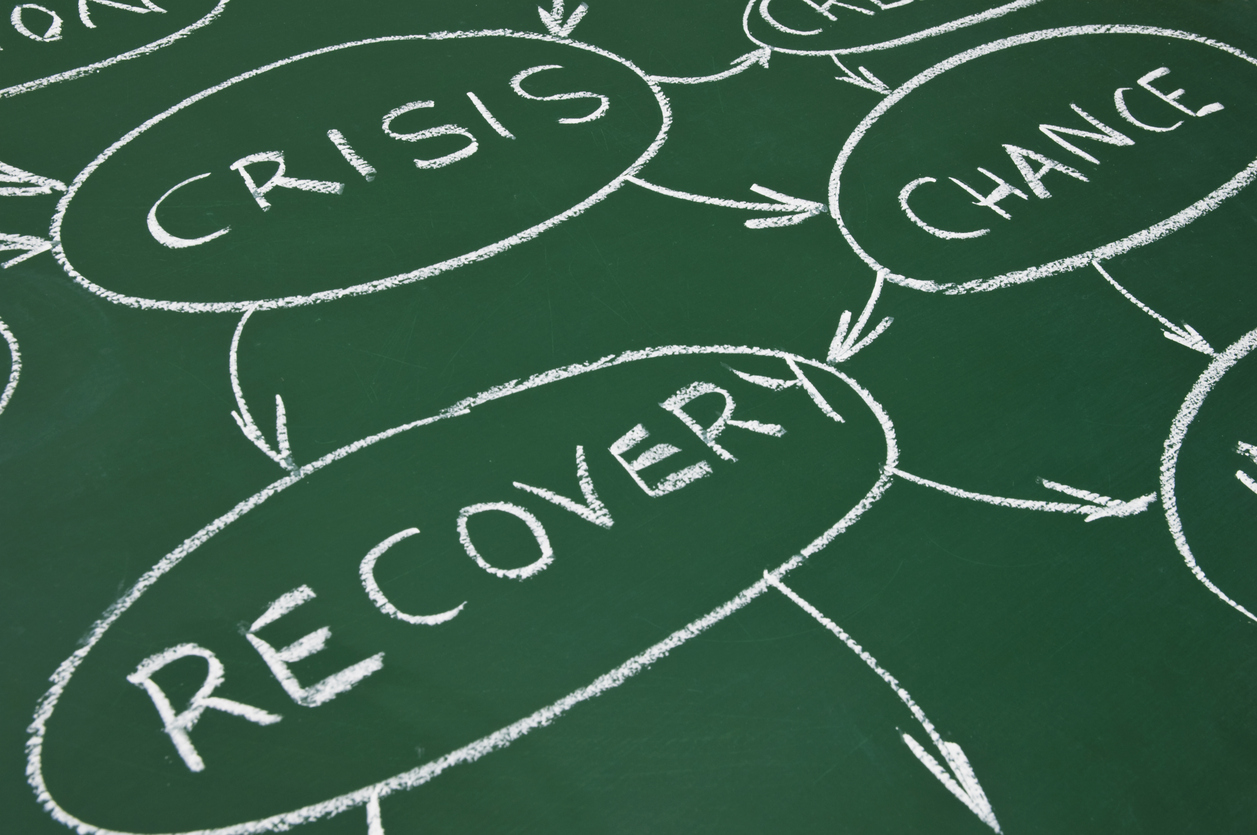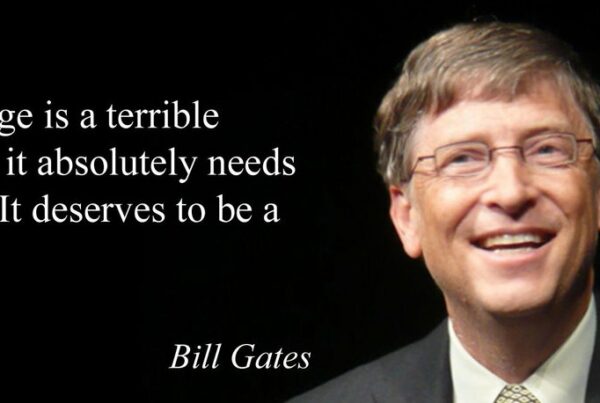Crisis response success is more about behaviors and mindsets than a predefined response plan. A crisis introduces unfamiliarity and uncertainty, so effective communications will largely be improvised across a range of actions from temporary moves to adjusting ongoing business practices. This article outlines five behaviors and accompanying mindsets for leaders to navigate the pandemic, as well as future crises:
- The network of teams – Leaders can best mobilize their organization’s response by setting clear priorities for the response and empowering others to discover and implement solutions.
- The value of ‘deliberate calm’ and ‘bounded optimism’ – ‘Deliberate calm’ is the ability to detach from a fraught situation and think clearly about how one will navigate it; and ‘bounded optimism’ relates to confidence combined with realism.
- Pause to assess and anticipate, then act – Essentially, pause from crisis management, assess the situation from multiple vantage points, anticipate what may happen next, and then act — this cycle helps leaders maintain a state of deliberate calm.
- Deal with human tragedy as a first priority – Uphold a vital aspect of leadership by making a positive difference in people’s lives by acknowledging the personal and professional challenges that employees experience during a crisis.
- Maintain transparency and provide frequent updates – Thoughtful, frequent information as a situation develops builds trust and reassurance with internal and external audiences.











